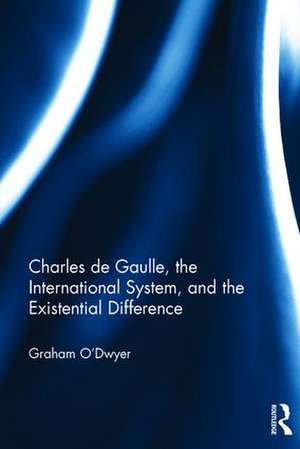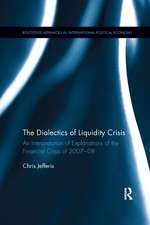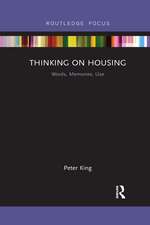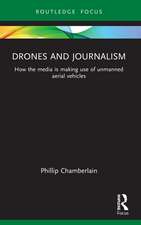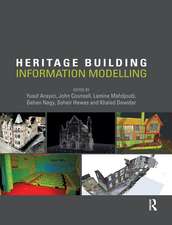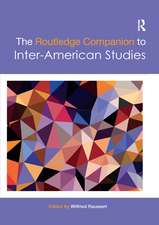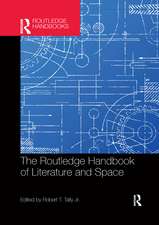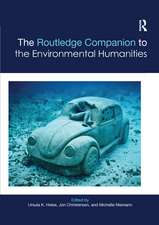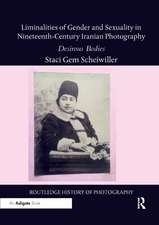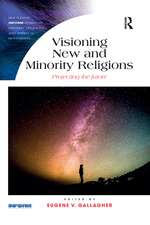Charles de Gaulle, the International System, and the Existential Difference
Autor Graham O'Dwyeren Limba Engleză Hardback – 16 mar 2017
| Toate formatele și edițiile | Preț | Express |
|---|---|---|
| Paperback (1) | 383.50 lei 6-8 săpt. | |
| Taylor & Francis – 30 sep 2021 | 383.50 lei 6-8 săpt. | |
| Hardback (1) | 848.15 lei 6-8 săpt. | |
| Taylor & Francis – 16 mar 2017 | 848.15 lei 6-8 săpt. |
Preț: 848.15 lei
Preț vechi: 1216.08 lei
-30% Nou
Puncte Express: 1272
Preț estimativ în valută:
162.31€ • 176.25$ • 136.34£
162.31€ • 176.25$ • 136.34£
Carte tipărită la comandă
Livrare economică 23 aprilie-07 mai
Preluare comenzi: 021 569.72.76
Specificații
ISBN-13: 9781472437556
ISBN-10: 1472437551
Pagini: 214
Dimensiuni: 156 x 234 x 19 mm
Greutate: 0.48 kg
Ediția:1
Editura: Taylor & Francis
Colecția Routledge
Locul publicării:Oxford, United Kingdom
ISBN-10: 1472437551
Pagini: 214
Dimensiuni: 156 x 234 x 19 mm
Greutate: 0.48 kg
Ediția:1
Editura: Taylor & Francis
Colecția Routledge
Locul publicării:Oxford, United Kingdom
Cuprins
Acknowledgements vi
1 Introduction to the work 1
2 Haunted by history, preoccupied with nations 21
3 Ethno-symbolism and the ‘content’ of the international system 57
4 Existence preceding essence: The individuality of nationhood 92
5 Nationalism is an existentialism 128
6 De Gaulle, political science, and the problem of pessimism 166
Index 199
1 Introduction to the work 1
2 Haunted by history, preoccupied with nations 21
3 Ethno-symbolism and the ‘content’ of the international system 57
4 Existence preceding essence: The individuality of nationhood 92
5 Nationalism is an existentialism 128
6 De Gaulle, political science, and the problem of pessimism 166
Index 199
Notă biografică
Graham O’Dwyer is a lecturer at the University of Reading.
Descriere
This innovative account of Charles de Gaulle as a thinker and writer on nationalism and international relations offers a view of him far beyond that of a traditional nationalist. Centring on the way de Gaulle regarded nations as individuals the author frames his argument by rationalising de Gaulle’s nationalism within the existential movement that flowed as an intellectual undercurrent throughout early and mid-twentieth century France.
